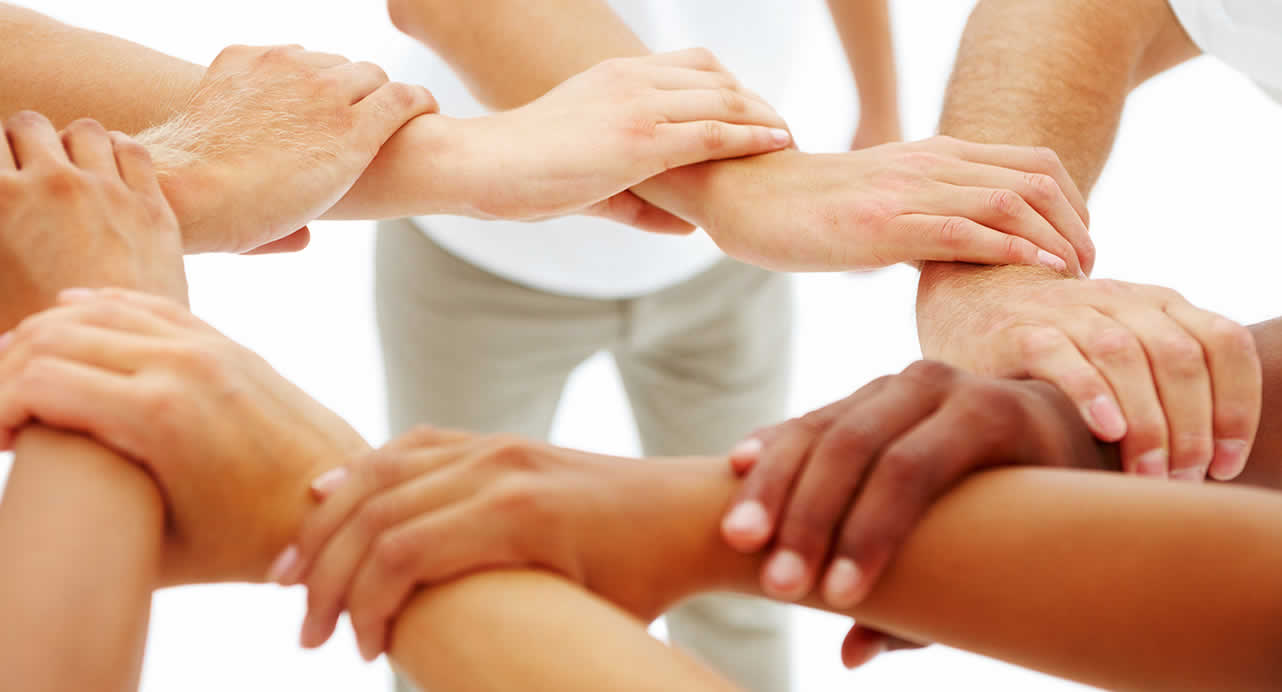One of the qualities that makes us human is our capacity for altruism—our ability to put the needs of others in front of ourselves. Of course, it is intrinsically rewarding to give to others, whether they are individuals, community groups, or organizations; however, there are added personal benefits that people don’t automatically realize. These benefits include improvements to not only mental, but also physical health. The act of reaching out to others protects us against the negative effects of stress.
How does it work? Our brain releases a stress hormone called oxytocin when experiencing a stressful event. This neuro-hormone not only notifies our body that a trauma has occurred, but it heightens social instincts like empathy, trust, and generosity. It prompts us to seek physical and emotional closeness to others. If we use these feelings to act prosocially—whether it be helping a neighbour move, tutoring a friend, or engaging in volunteering—it promotes stress-related resilience. Through the action of oxytocin, engaging in caring behaviours actually promotes mental and physical health and increases longevity. That’s right! Volunteering could potentially improve your health and lifespan!
A study conducted by Michael J. Poulin at the University of Buffalo asked 850 participants to report the level of stress they encountered over the past year, as well as the amount of time they spent helping others. The results were astonishing: every major life stressor that occurred increased a person’s risk of dying by 30%. However, for individuals who spent significant amounts of time helping others, these negative effects disappeared. Caring for friends, neighbours, and people in the community created resilience in the face of adversity.
What is the magical connection between helping others and longevity? The answer is again oxytocin. This hormone is not only produced in response to stress, but your pituitary gland actually produces more oxytocin when you engage in prosocial activity. Oxytocin has some very protective effects on your heart. Psychologist Kelly McGonigal, in her Ted Talk “How to Make Stress Your Friend”, explains how oxytocin helps protect against cardiovascular illness. The heart has receptors specific to oxytocin, which helps heart cells regenerate after stress-related damage. Through the social medicine of helping others, you are also promoting a healthy stress response in yourself.
So the next time you are feeling stressed, think of helping others as the antidote. Search for opportunities to get engaged in your community. Do a random act of kindness for a stranger, or sign up to volunteer in some spare time you have this weekend. When you challenge yourself to volunteer or engage in caring behaviour, despite feeling stressed, oxytocin will cause you to feel mentally and physically stronger. It will not only help others in need, it will alleviate your stress and you’ll feel good about your contribution too.

